
How to Choose a Solar Installer to Finance B2B in 2024
Solar energy has turned into an clearly famed decision for associations hoping to lessen their carbon print and energy costs. As the demand for solar installations in the business- to- business( B2B) sector continues to rise, choosing the right solar installer becomes a critical decision. This composition will guide you through the essential way in opting a solar installer, with a focus on backing options for B2B solar systems in the time 2024.
How to Choose a Solar Installer to Finance B2B in 2024 ?

A. Importance of Choosing the Right Solar Installer
Investing in solar energy is a substantial commitment, and selecting the right solar installer is crucial for the success of any B2B solar project. The expertise and reliability of the installer directly impact the system’s performance, longevity, and return on investment (ROI).
B. Significance of Financing in B2B Solar Projects
Understanding the financial aspects of solar installations is paramount in the B2B sector. Choosing a solar installer that offers suitable financing options ensures that businesses can adopt sustainable energy solutions without compromising their financial stability.
1. Understanding Your Solar Needs

A. Assessing Energy Conditions
Before launching on the trip of choosing a solar installer, businesses must assess their energy conditions. An accurate understanding of energy requirements allows for the selection of a solar system that aligns with the business’s power consumption.
B. Identifying Specific Business Goals
Beyond energy conditions, businesses should identify specific goals for their solar installations. Whether it’s reducing functional costs, enhancing sustainability enterprise, or achieving energy independence, clarifying objects will guide the selection process.
2. Researching Solar Installers
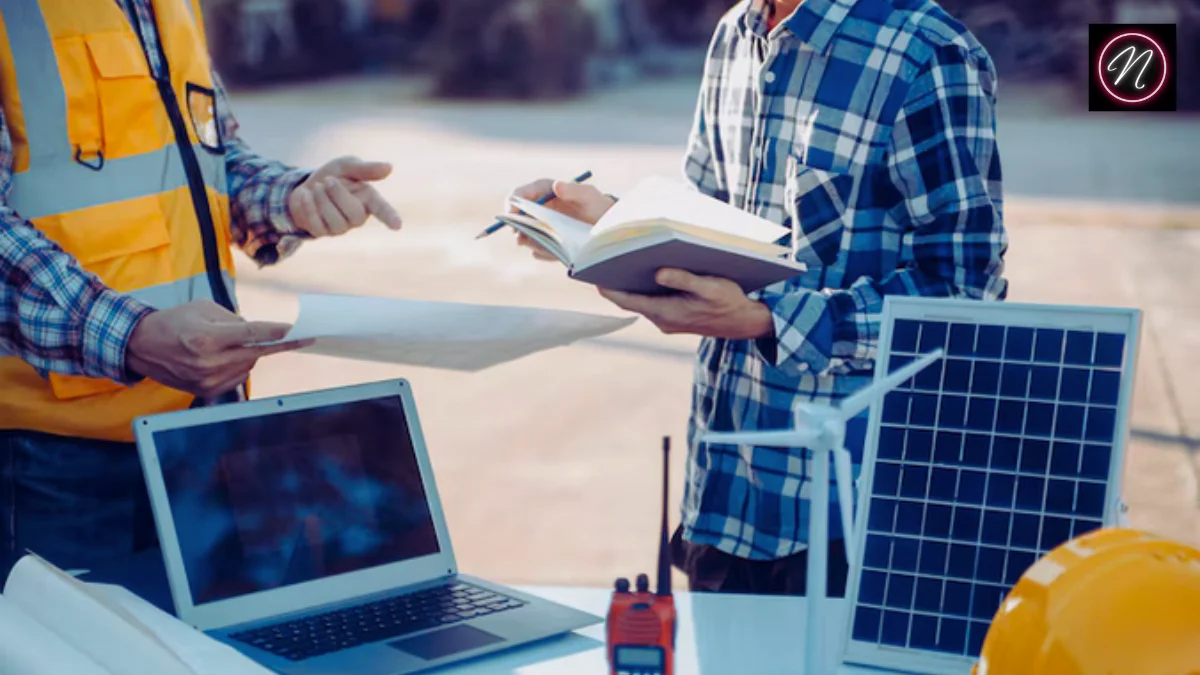
A. Checking Credentials and Certifications
Begin the selection process by verifying the credentials and instruments of potential solar installers. A estimable installer should hold applicable licenses and instruments, ensuring compliance with industry standards and regulations.
B. Reading Customer Reviews and witnesses
Gauge the satisfaction of former guests by reading client reviews and witnesses. A dependable solar installer should have a positive track record of delivering quality installations and excellent client service.
C. Assessing Past Installations and systems
Examine the installer’s portfolio by assessing history installations and systems. Successful completion of analogous B2B solar systems demonstrates the installer’s moxie and capability to meet specific business conditions.
3. Financial Considerations in B2B Solar Projects

A. Analyzing Cost and ROI
Carefully analyze the overall cost of the solar installation and calculate the awaited return on investment( ROI). A transparent breakdown of costs and potential savings will help businesses make informed financial decisions.
B. Exploring Financing Options
Consider solar installers that offer different backing options conformed to B2B requirements. From leasing arrangements to power purchase agreements( PPAs), understanding the backing models available is essential for making a financially sound decision.
C. Government Incentives and Tax Credits
Government impulses and Tax Credits Stay informed about available government incentives and tax credits for B2B solar systems. A knowledgeable solar installer will help in navigating these incentives, maximizing fiscal benefits for the business.
4. Assessing Installer Experience and Expertise


A. Tailoring Solar Solutions to Business Needs
A collaborative approach is essential in choosing a solar installer. Opt for an installer willing to customize solar solutions to meet the unique needs and operational requirements of the business.
B. Communication and Collaboration
Effective communication is key to a successful solar installation. Choose an installer that values collaboration and maintains open lines of communication throughout the entire process.
5. Collaborating for Customized Solutions

A. Tailoring Solar Solutions to Business Needs
Opt for an installer willing to customize solar solutions to meet the unique needs and operational requirements of the business.
B. Communication and Collaboration
Choose an installer that values collaboration and maintains open lines of communication throughout the entire process.
6. Environmental Sustainability
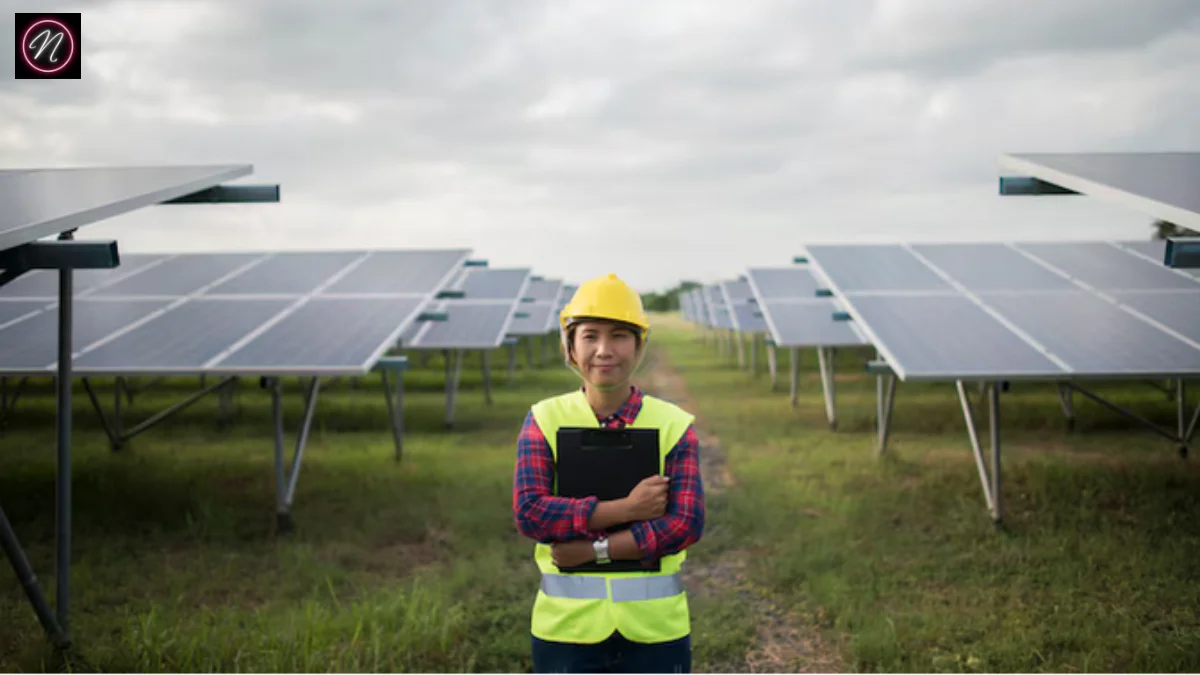
A. Green Certifications and Practices
Prioritize solar installers committed to environmental sustainability. Look for green certifications and practices, indicating a dedication to eco-friendly installations and business practices.
B. Commitment to Sustainable Solutions
Choose an installer that demonstrates a commitment to sustainable solutions beyond the installation phase. This includes environmentally responsible disposal of materials and a focus on minimizing the ecological impact.
7. Contractual Agreements and Warranty

A. Understanding Terms and Conditions
Thoroughly review contractual agreements, paying close attention to terms and conditions. Ensure clarity on maintenance schedules, performance guarantees, and any potential additional costs.
B. Comprehensive Warranty Policies
Select an installer with comprehensive warranty policies. A strong warranty not only provides peace of mind but also reflects the installer’s confidence in the durability and reliability of their solar installations.
8. Navigating the B2B Financing Landscape
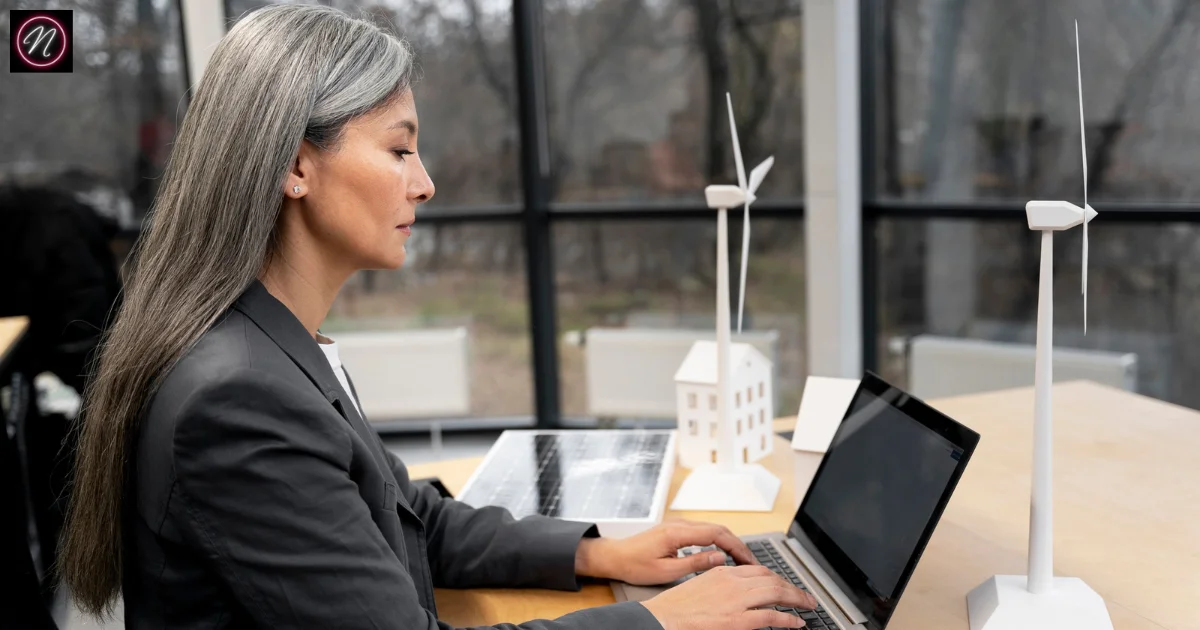
A. Types of Financing Available
Explore the various types of financing available for B2B solar projects. From traditional loans to innovative financing models, understanding the options allows businesses to choose a financing solution that aligns with their financial goals.
B. Choosing the Right Financing Partner
Consider the reputation and reliability of financing partners recommended by solar installers. A strong partnership between the installer and the financing entity is crucial for the seamless execution of the B2B solar project.
9. The Role of Technology in Solar Installations
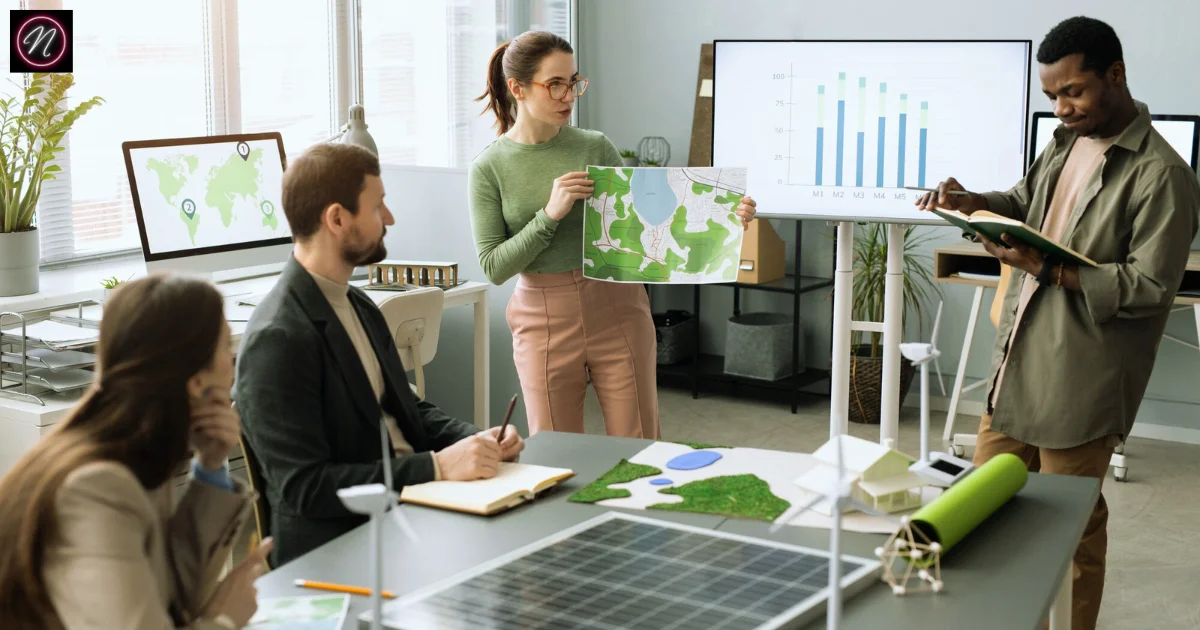
A. Innovations in Solar Technology
Stay informed about the latest innovations in solar technology. An installer well-versed in cutting-edge advancements can recommend and integrate technologies that enhance the efficiency and performance of the solar system.
B. Technological Compatibility with Business Operations
Ensure that the chosen solar technology aligns seamlessly with the business’s operations. A technologically compatible system enhances energy production and contributes to the overall success of the B2B solar project.
10. Ensuring Regulatory Compliance
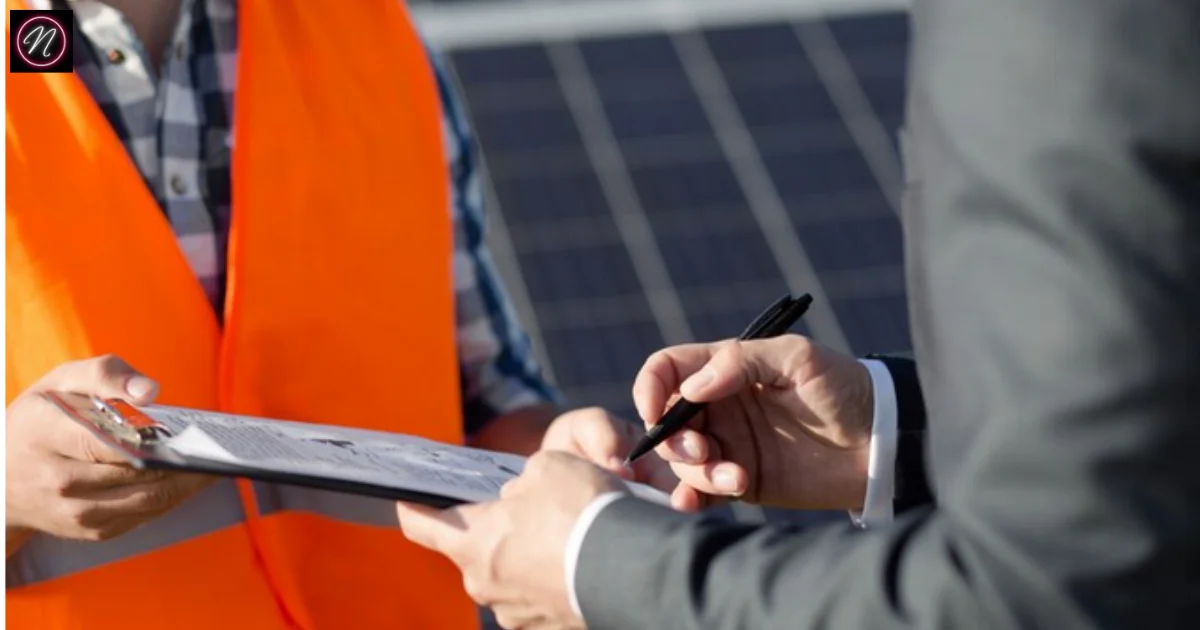
A. Adherence to Local and Federal Regulations
Verify that the chosen solar installer adheres to all local and federal regulations. Compliance with safety standards and legal requirements is crucial for a smooth and legally sound installation process.
B. Obtaining Necessary Permits
Facilitate a hassle-free installation by ensuring the installer takes responsibility for obtaining all necessary permits. This includes permits related to construction, electrical work, and any other requirements mandated by local authorities.
11. Future-Proofing Your Solar Investment
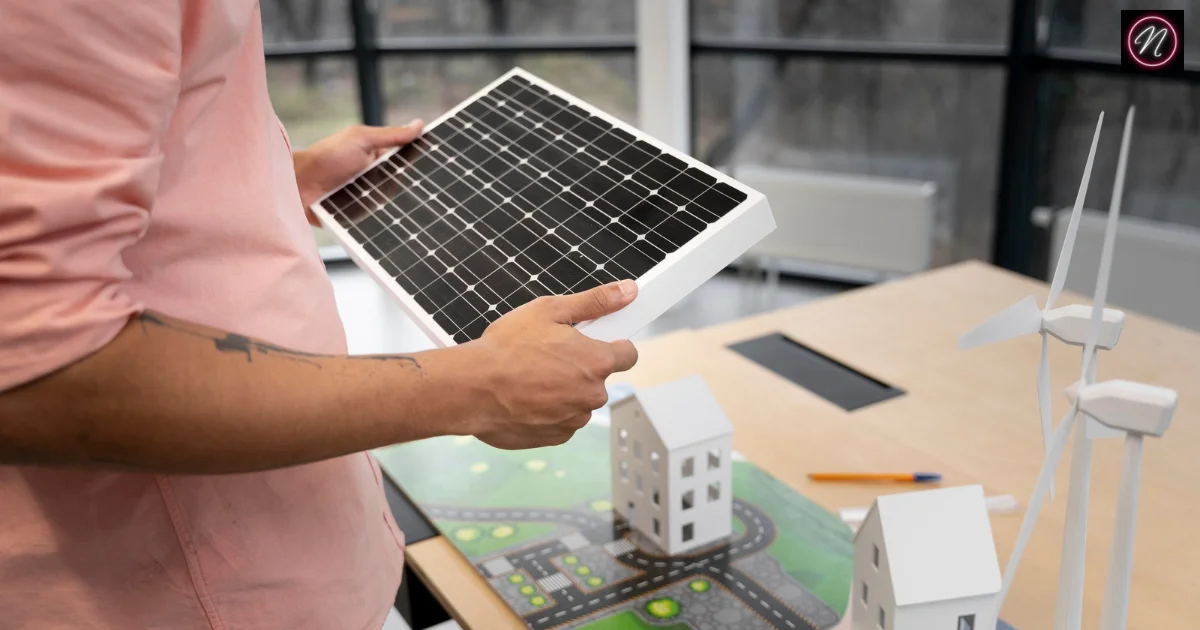
A. Scalability and Upgradability
Consider the scalability and upgradability of the chosen solar system. A system that can grow with the business’s needs ensures a long-term and sustainable return on the initial investment.
B. Preparing for Future Technological Advancements
Anticipate future technological advancements by choosing an installer with a forward-thinking approach. This includes considering the potential integration of emerging technologies that may further enhance the solar system’s performance.
12. Building a Long-Term Relationship

A. Post-Installation Support
Select an installer that offers comprehensive post-installation support. Ongoing maintenance, monitoring, and timely support ensure the longevity and optimal performance of the solar system.
B. Regular Maintenance and Monitoring Services
Prioritize installers that provide regular maintenance and monitoring services. Proactive care minimizes the risk of unexpected issues and maximizes the efficiency of the solar installation throughout its lifespan.
13. Case Studies and Success Stories
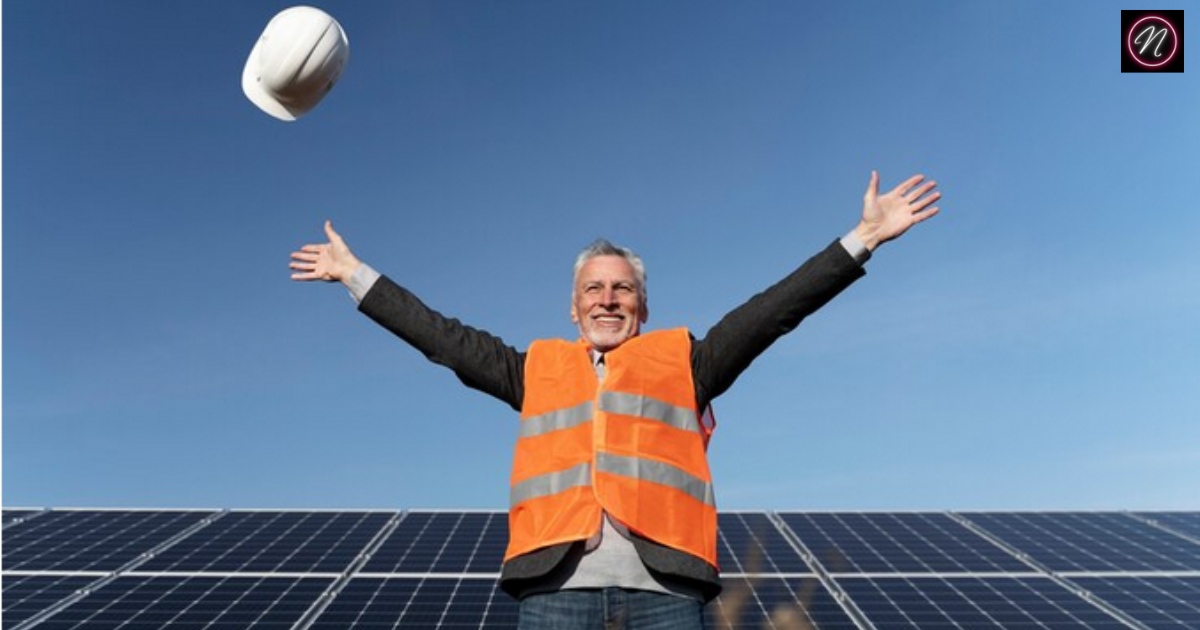
A. Real-World Examples of Successful B2B Solar Installations
Explore case studies and success stories of B2B solar installations handled by the shortlisted installers. Real-world examples offer insights into the installer’s capabilities and the potential success of your own project.
Conclusion
A. Recap of Key Considerations
Choosing a solar installer for B2B projects involves a thorough assessment of various factors. From financial considerations to technological proficiency, each aspect plays a crucial role in making an informed decision.
B. Making an Informed Decision
By considering the outlined factors, businesses can make an informed decision when choosing a solar installer to finance B2B projects in 2024. The right choice not only ensures the successful implementation of solar solutions but also contributes to the overall sustainability and success of the business.
I have read so many posts regarding the blogger lovers however this
piece of writing is truly a good article, keep it up.